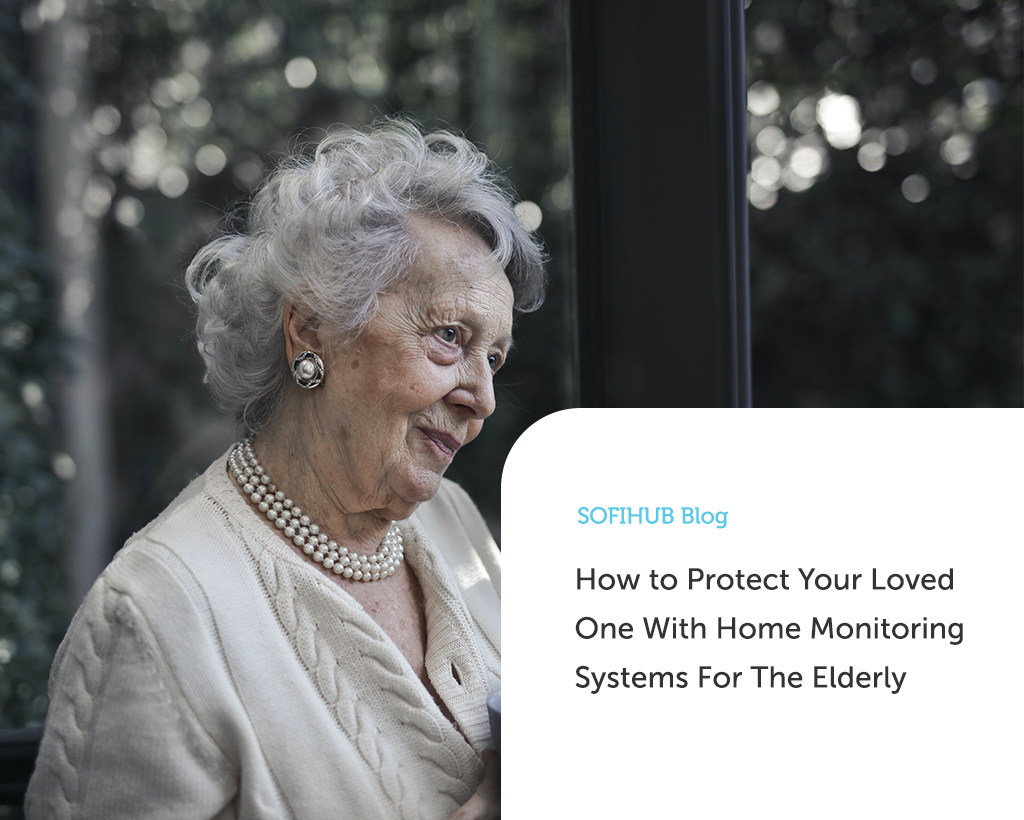Over a million seniors in Australia live alone. Although medical devices like safety alarms, smartwatches and safety pendants keep a watchful eye on a senior’s movements, and can even call for help in times of emergency, they need to be worn or carried around… which is more than a minor inconvenience for many elderly people.
What is needed is a technology that can help them live independently in their own homes, secure in the knowledge that help will be rushed to them if they need it.
Home fulfils this need. It is an ambient assistive technology designed to promote the independence and wellbeing of the elderly.
This home monitoring system for the elderly helps loved ones adhere to daily routines and positive health practices via spoken reminders.
It consists of a hub that’s centrally placed in the lounge or kitchen and eight motion sensors.
The sensors passively monitor the senior’s movements throughout the day.
Home doesn’t require the senior to learn or do anything new. It recognises when a routine is missed and alerts caregivers and family members in an emergency.
Configuring it is easy and you start by programming it with three basic routines.
- Time to bed at night
- Wake up time in the morning
- Time spent in the bathroom
For example, if you’ve set the time in the bathroom to be 45 minutes, but your loved one spends an hour, or wakes up later than usual, Home prompts them to press the button on the device to confirm they’re fine.
If they don’t respond after three reminders, the system messages carers and family members, asking them to check in on the person.
Forgetting critical things like medication is almost impossible. Sensors installed in medicine cabinets allow the Home to speak up and remind the user to take their medication if they do not open the medicine cabinet at the usual time.
It’s not just seniors who benefit from Home.
Josh was driving to the supermarket when a vehicle rammed into him.
Apart from other complications, he suffered brain damage, which affected his memory and concentration.
He grew forgetful and began neglecting himself.
Josh needed help.
Home verbally reminded Josh of critical tasks like eating his meals and taking his medication on time. Under the watchful eye of his digital buddy, Josh grew independent and got his life back on track.
For Gay Ochiltree, who lives on her own in Melbourne, the Home is almost like a family member.
Gay knows that at her age, she could suffer from a stroke or a fall, but is equally aware that the system will alert her caregivers and family members should something untoward happen. Even something as simple as walking out the back door and not coming back.
Carers and family members can send live text to voice messages via the ‘SOFIHUB’ portal. Home reads these messages aloud instantly or at a scheduled time, which helps seniors stay connected with family and reassures them they are being loved and taken care of.
Home is a home monitoring system for the elderly that empowers seniors to live in their own homes for longer without needing to rely on or intrude on the privacy of their family members.
Visit SOFIHUB to know more about the Home.

